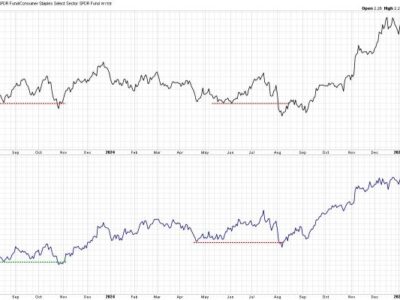
This article appeared on SubStack on May 25, 2023.
Organ sales are illegal in the United States and most other countries (Iran is a partial exception). The National Organ Transplantation Act of 1984 states, “it shall be unlawful for any person to knowingly acquire, receive, or otherwise transfer any human organ for valuable consideration for use in human transplantation if the transfer affects interstate commerce.” The penalty for breaking the law is a fine of $50,000 or up to five years in prison, or both.
In Libertarian Land, organ markets are legal. This makes everyone better off.
Consider first kidneys. People have two but can live normally with one. If the kidney market were legal, a person whose kidneys fail could purchase from a willing seller, and both could then live healthy lives.
The seller would risk that their remaining kidney might cease to function, but in a legal market, the supply of kidneys would be large and the price low, so such persons could likely buy a kidney from some future seller.
The situation is similar for liver transplants; recipients need only a partial transplant, and the donor’s remaining liver regenerates.
What about more extreme cases, where someone wants to sell a heart or other vital organ?
Such behavior might sound irrational, but imagine an aging parent in poor health (unrelated to their heart) who could earn a large sum by, in effect, committing suicide and selling their heart. The income might make it possible for that person’s children to attend better schools, or migrate to a safer country, or escape poverty. All at little cost to the quantity or quality of the seller’s life.
Why should policy interfere with such a trade? This act benefits the organ recipient as well, so it makes all participants better off. Most real world examples are less extreme, but the same principles apply.
One possible objection to legal organ markets is that some people might sell out of desperation, against their long term interest. A reasonable response is to require informed consent, rather than banning the organ market.
A second possible objection is that only the rich will benefit from legalized sales. That is unlikely, since the increased supply of organs due to legalization will drive organ prices down. Plus, private or public charities can subsidize organ purchases for low income patients, while keeping the trade legal to foster greater supply. Government funding for organ purchases might even pay for itself by improving recipient health and reducing public expenditure on health care (e.g., dialysis treatment for kidney failure).
Thus a legal market for organ sales would have the key feature of other markets: voluntary exchange that benefits both sides of the transactions.








